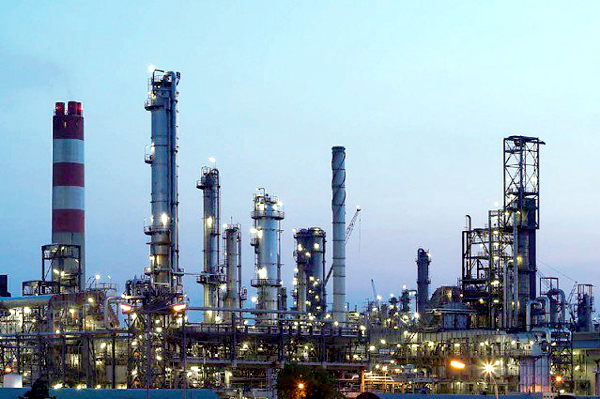December 10, 2019 (MLN): Oil Refinery Companies in Pakistan have been embroiled in a hullaballoo for quite some time now, largely due to certain actions taken by the state and a few errs on the sector’s part. With the government making continuous changes to the petroleum policy, it is unsurprising that the vulnerability of the sector towards these changes has intensified drastically.
As per the reports that have been rife all over the media, the refinery sector has been allowed to hold all proceeds from exports in foreign currency accounts. In this regard, a report by JS Global states that the impact of this development on the sector wouldn’t’ be significant, as the usual proceeds from exports for the refinery companies usually amount to $200 to $250 million.
Secondly, the request by the state to revise the prices of all petroleum products on a fortnightly basis, rather than a monthly basis, may definitely have a radical impact on the sector. The report by the same brokerage house suggests that this change in pricing policy will result in ex-refinery prices being calculated on the basis of PSO’s previous month’s cost of supply, which in turn will give enough time to refineries to compute the ex-refinery prices that would be applicable in the coming months. This policy might prove to be beneficial, as it will result in reduced volatility in the earnings of the OMCs, for they will have an idea of when to raise the prices of their products.
Another major element of the revised policy is that the 7.5% deemed duty currently available on High-Speed Diesel shall be replaced with absolute refinery margins for both HSD and Motor Spirit. This is going to have adverse repercussions for the sector, as the proposed duty of Rs. 1.41 per litre is far lesser than the Rs. 6.1 per litre of duty collected so far by the sector in CY19. As a result of this change, the sector is expected to suffer losses amounting to Rs. 25 billion per year.
Besides the aforesaid changes, the refineries in Pakistan have also been suffering slightly at the hands of Crude Oil that is being obtained from Saudi Arabia, as part of the deferred oil facility agreement between the two countries. The reason for this is that Arab Light Crude Oil contains a high level of Sulphur, which makes it unattractive for many refineries.
Recently, Prime Minister Imran Khan demanded all oil refineries to produce Euro-4 grade fuels within a span of three years, failure of which will result in closures. Given the current state of oil refineries in Pakistan, and the humungous amount of investment that will be needed to put this plan into action, it can be said that the refineries may witness a quite rough phase in the coming years.
Previously, we had expressed concerns on the new policy by International Maritime Organization (IMO), wherein marine sectors across the globe were directed to curtail their emission of Sulphur to at least 0.5% by the beginning of next year. This policy, if implemented, is going to reduce the price of Furnace Oil in both international as well as domestic markets.
Copyright Mettis Link News
31486







